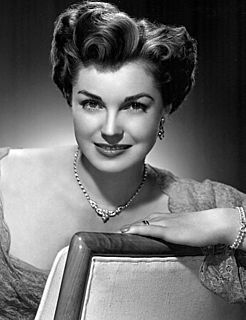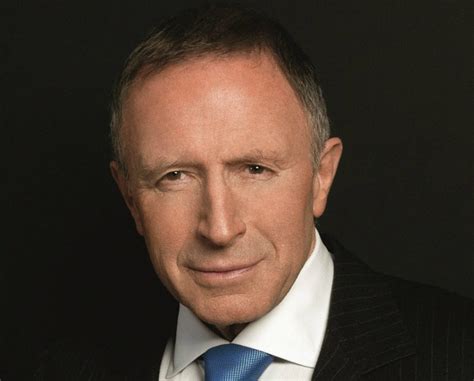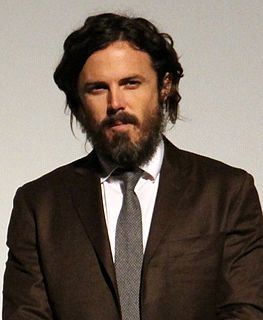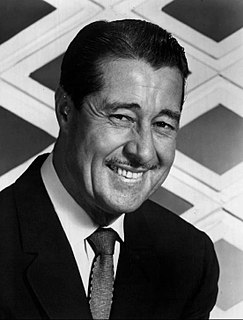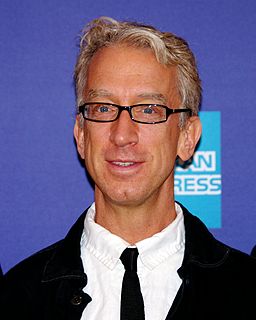A Quote by Kami Garcia
If this was a movie, we would've sat down at the table with the guys and they would have learned some kind of valuable lesson, like not to judge people by how they look, or that being different is okay. And Lena would've learned that all jocks weren't stupid and shallow. It always seemed to work in movies, but this wasn't a movie. This was Gatlin, which severely limited what could happen.
Related Quotes
It's basically how I choose movie roles. Would I like to see this movie? Is this movie important? Why would I do this? And Headhunters is a movie that I would like to see in the cinema. And when it's sold to 50 countries or whatever, for me it's a great deal. I make movies for an audience so if that audience grows, I feel really honoured and thankful for it.
There are people I'm drawn to that you just can't do a tiny, no-budget movie with. I would like to pursue some of that stuff, to see if I could do a movie with some of those people. And I don't really write scripts myself, but if I read a script I thought was really great, I would totally be up for doing a more traditional movie. It's just that I don't exist in that world.
right now.
We separated like oil and water. In the cafeteria, you'd see a table of black jocks, table of white jocks, table of rich white kids, table of Hispanic kids, table of Chinese kids, table of druggies, table of chatterboxes, and so on. Wait! There's a diverse table over there! With a few kids of different tenacities and economic status! Oh, that's the nerds. That's where I sat. We weren't cool enough for the other tables, so we didn't discriminate against anybody.
I learned from the Macarturos. I had never been at a table with a labor organizer and a playwright and a performance artist and an anthropologist and a human rights lawyer. Usually at most gatherings, it's all writers. But suddenly I was at a table with all these different people and I learned from each of them, learned from the work they're doing, learned new ways to solve my problems.
I learned to live many years ago. Something really, really bad happened to me, something that changed my life in ways that, if I had my druthers, it would never have been changed at all. What I learned from it is that today seems to be the hardest lesson of all. I learned to love the journey, not the destination. I learned that it is not a dress rehearsal, and that today is the only guarantee you get. I learned to look at all the good in the world and to try to give some of it back because I believed in it completely and utterly.
I went to a job and sat down as a proper apprentice, learning how to make jewelry. It involved a lot of remodeling and repairing. It was a bad time in England in those days and people didn't have much money - they would repair a ring rather than buy a new one. They would thicken up the gold. I learned all the ways to make something look new again.
People would always say horror movies always thrive during times of war; that's just what people would say. And I don't know if they thrived during World War II or Vietnam, but I thought that's kind of strange, why would that happen. I don't know if people rearrange their priorities; in good times, they freak out and start pointing the fingers at video games and TV, but when horrible things are happening in the world, a horror movie just seems a little ridiculous.
I remember when 'A League of Their Own' was coming out in '92, when I was doing interviews, it seemed like every interviewer at some point would say, 'So... would you consider this a feminist movie?' People are worried that it's a taboo thing, so I took great relish in saying, 'Yes, I would. Write that, yes.'
It really has been a blessing because you can go and look at our other movies we've done in a studio system. We didn't get to make the movie that we wanted to make. We made the movie that someone else wanted us to make. That can be a little disheartening, a lot disheartening. While there have been struggles, it doesn't matter which table you're at because you're going to have obstacles, but I kind of like being able to make the movie that you want to make.
He very nearly stole a scene in my movie, and I didn't call him on it because I was just like, Hey, I saw some stuff on SuperDeluxe and how many different films do you have on there? And he goes, This one, this one, Comedy by Numbers and this one and one called 'Bob Pitches a Movie.' And I'm like, Oh! And then I was thinking he would say, which is very similar to the one to the one I did in your movie, but he never did. I just let it go. I don't care.


